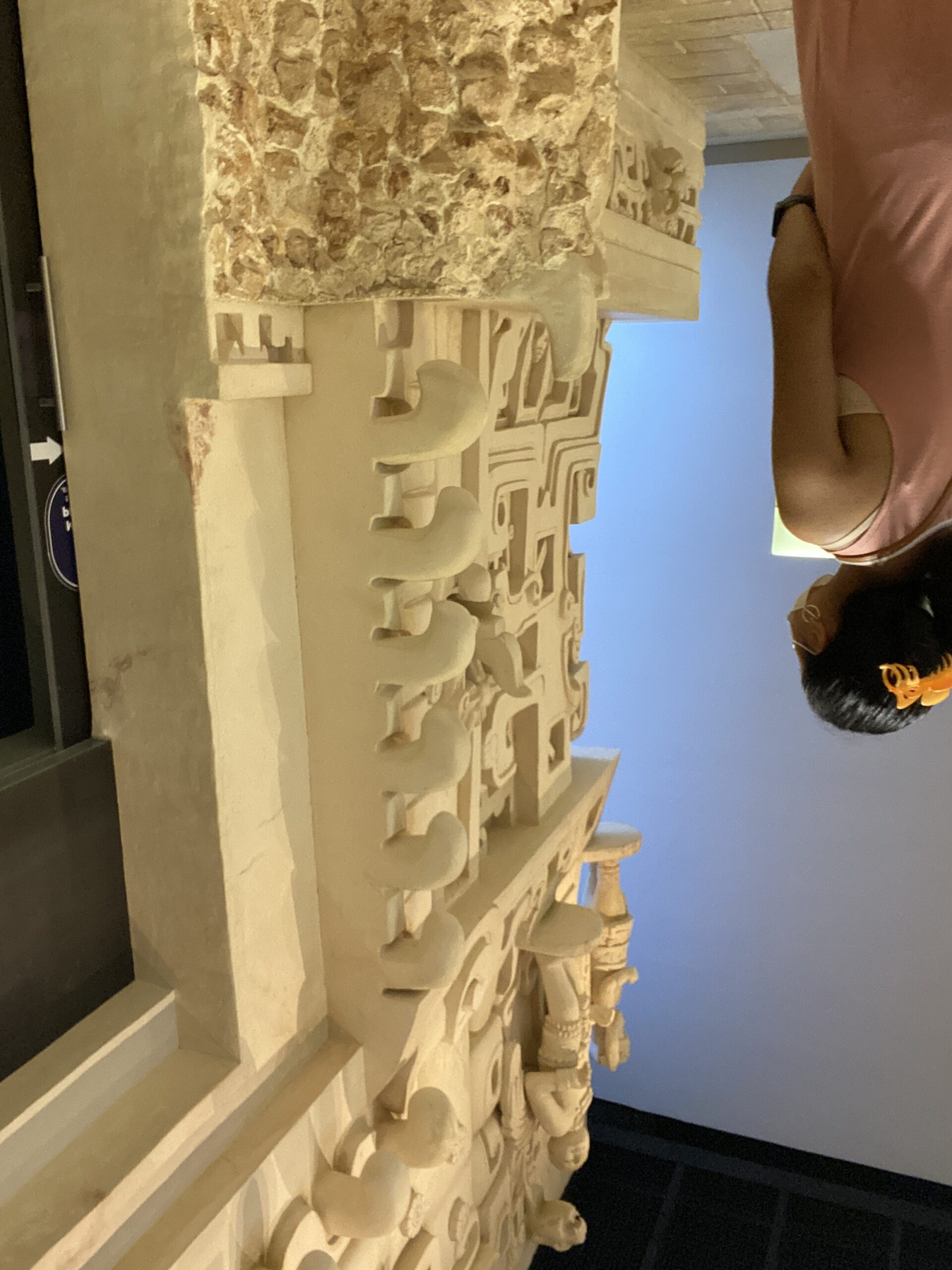
I am not Mexican?
My first week of classes is officially done! I am very proud of myself and my classmates for getting through because it has been hectic and definitely new. The way the education system works in Mexico is different from the way it works in the US in the sense that when one applies to college here, you apply to a certain “carrera” or “licenciatura” (career or degree). Those who pass the entrance exam join the group/class that will be studying together for four years to obtain that degree. This group will all take the same preselected classes together for the duration of their time in the university, with the exception of some leeway for electives. That is, they meet each other in their first year and know each other very well by the time they graduate. This has been not only a slight culture shock to me, but it has some effect on how easily I integrate myself into the university and my specific classes.
For example, I am taking a couple of first year classes and a couple of upperclassmen classes (people use semesters instead of years to explain how far along they are in their schooling – I would say that I am a fifth semester exchange student, not a third year). In my first year classes, everyone’s a little shy, we are still getting through basic introductions and no one has really established a concrete identity at the university (Universidad Autonoma de Yucatan [UADY]) yet. This has made it easier for me to talk to people and make acquaintances because everyone is eager to find and make their own group. In my upperclassmen classes, however, we have completely skipped the introduction phase and have gotten straight into making class groups / teams for projects and assignments. Everyone knows who their people are and even the professors have established relationships with the students. These classes are the more difficult ones for me to adapt to because I have to push myself harder to make friends, introduce myself to the professor, get contact information from my classmates so that I don’t miss out on anything, and catch up on any knowledge that everyone else acquired in previous classes. Furthermore, because I am a new student, I don’t have an institutional email or credentials to access certain sites required for my classes. That has resulted in many emails sent out to professors, and for the better, because then it becomes easier for them to connect a name to a face.
The students at UADY are very nice, and whenever I do have to introduce myself they always let me know that I can count on them for whatever questions I have, or if I ever need a friend. I appreciate this tremendously, and I want to internalize those intentions and carry them with me when I return to the United States, where students tend to be more individualistic. The main conflict that I am struggling with right now though, and something that I knew was going to happen, is that the Mexican students do not consider me Mexican. In one class, I introduced myself as a Mexican-American, and more specifically Oaxacan, student. A student responded to my introduction: “It is so cool that you are Oaxacan, well you’re actually not Mexican, but you know what I mean.” I understand that I am not from Mexico because I wasn’t born here, but my Oaxacan identity is so crucial to who I am in the United States that it was indeed hurtful when I heard “you are not.” I am curious to know if this will have an effect on the way I internalize my identity and I am grateful that I even get the opportunity to explore this. Here’s to four months of growth!
